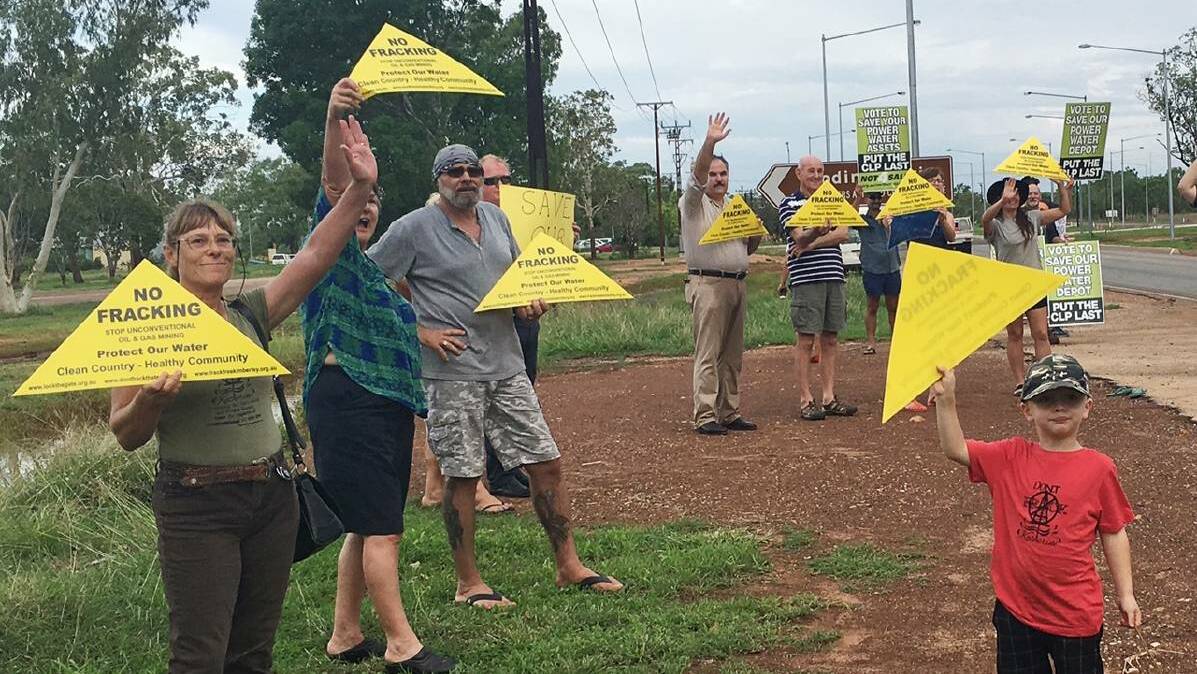
The public health risks of fracking will be examined at a meeting of doctors in Darwin next month.
Subscribe now for unlimited access.
$0/
(min cost $0)
or signup to continue reading
The looming start of unconventional gas mining of natural gas from underground shale deposits will be examined by Professor Melissa Haswell, a public health researcher and member of Doctors for the Environment Australia, at the Royal Australasian College of Physicians annual scientific meeting in the NT in October.
Katherine’s own Dr Simon Quilty is a fellow of the group.
During the meeting Professor Haswell will discuss the evidence linking shale gas mining to environmental damage, worsening climate change and potential direct and indirect impacts on human health.
She will urge the NT Government to develop alternatives to fracking that won’t compromise the health and wellbeing of NT communities.
“Many gas deposits lie under remote locations where water and land could become contaminated with the many potentially harmful chemicals used and produced during fracking and other steps in the gas mining process,” Professor Haswell said.
“Fracking brings with it hundreds to thousands of wellpads, kilometres of roads with 24/ 7 truck movements and gas processing and compressor stations. This is very concerning for Aboriginal people, who have served as custodians of these Lands and their plants and animals for 65,000 years, and for pastoralists who may be directly affected.”
Following a 15-month scientific inquiry, in April 2018, the NT Government determined the risks of fracking would be “acceptable” with the full implementation of 135 recommendations.
“The NT Fracking Inquiry concluded that health concerns were not particularly worrying and could be managed through regulation,” Professor Haswell said.
“This overlooked concerns that Aboriginal people, especially those in remote areas, are already experiencing higher rates of health conditions that are likely to make them more vulnerable to the kinds of health problems that researchers have found more common among people living near gas wells and associated infrastructure.
“These include more frequent hospitalisations for asthma, heart and nerve conditions, poorer pregnancy outcomes, some cancers and psychological distress.
“The Inquiry also did not heed the potential acceleration of climate change associated with fracking and its product, methane, which is 86 times more potent than carbon dioxide in trapping heat from the sun.
“The NT population is extremely sensitive to health impacts of climate change that will result from worsening heat waves, droughts, floods, fires and cyclones should we fail to rapidly reduce greenhouse gas emissions.
“Many doctors are concerned about the Territory’s large potential for fracking, its pattern of spreading and sprawling across vast areas and difficulties in ensuring compliance with regulation, even in populated areas.”


